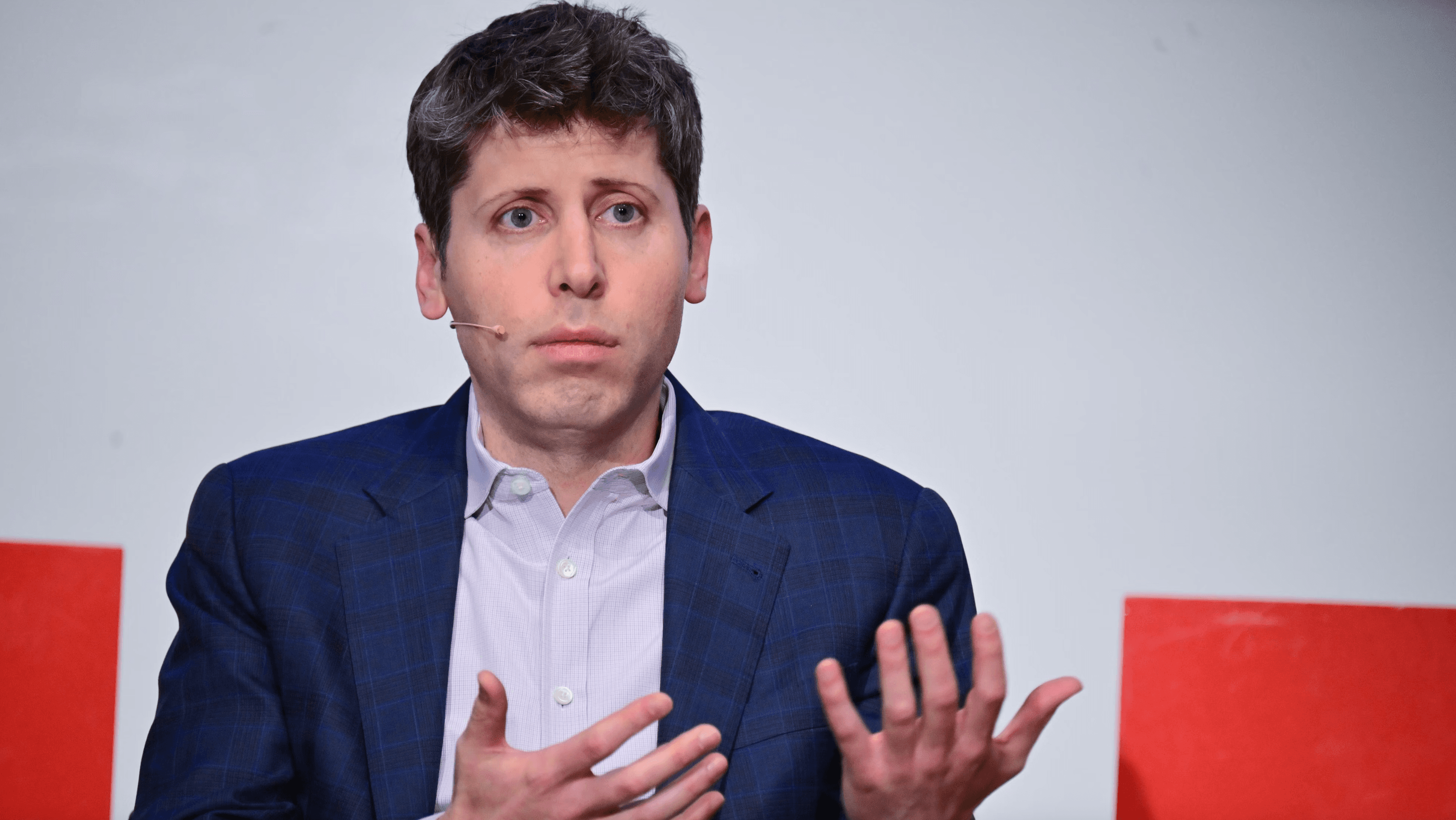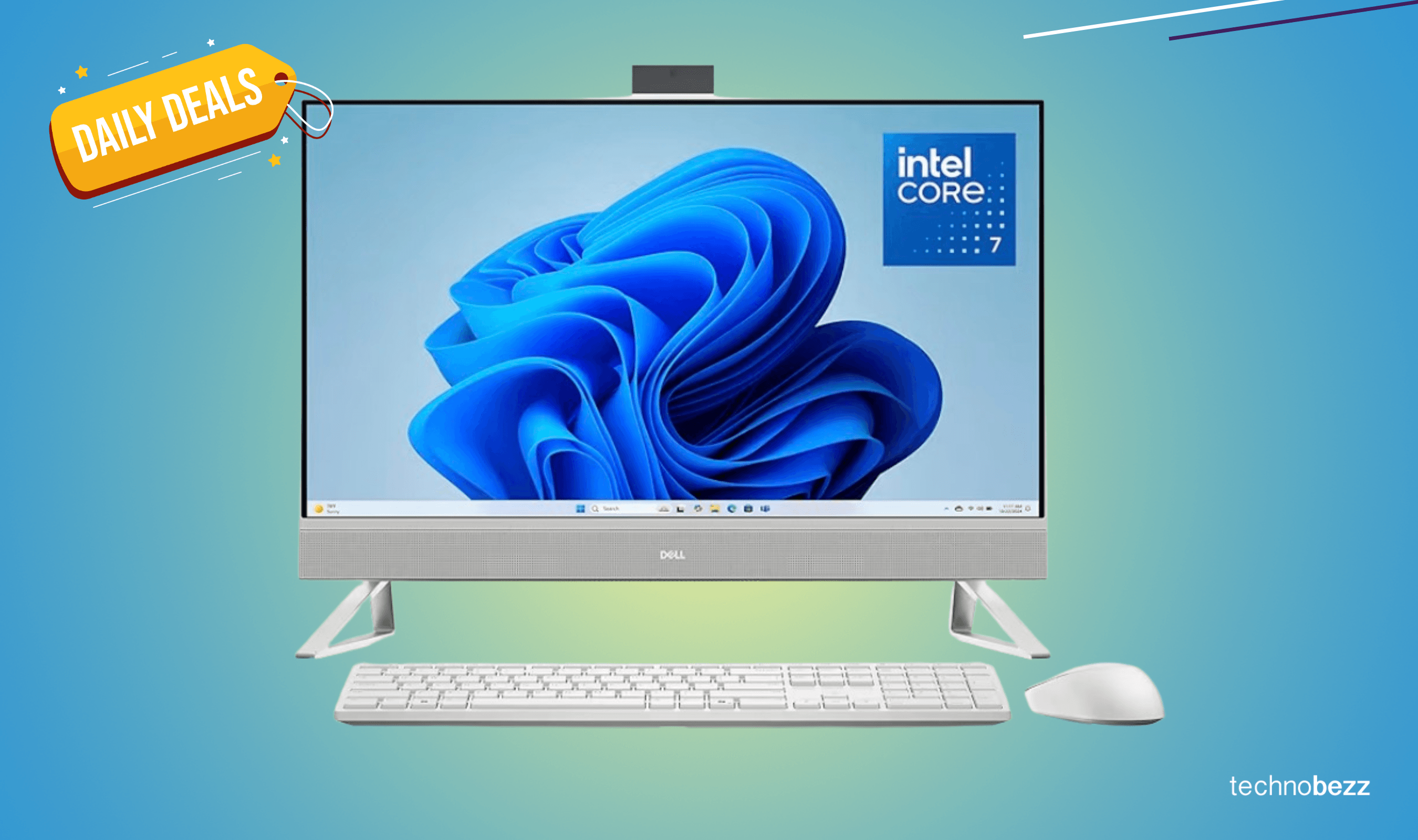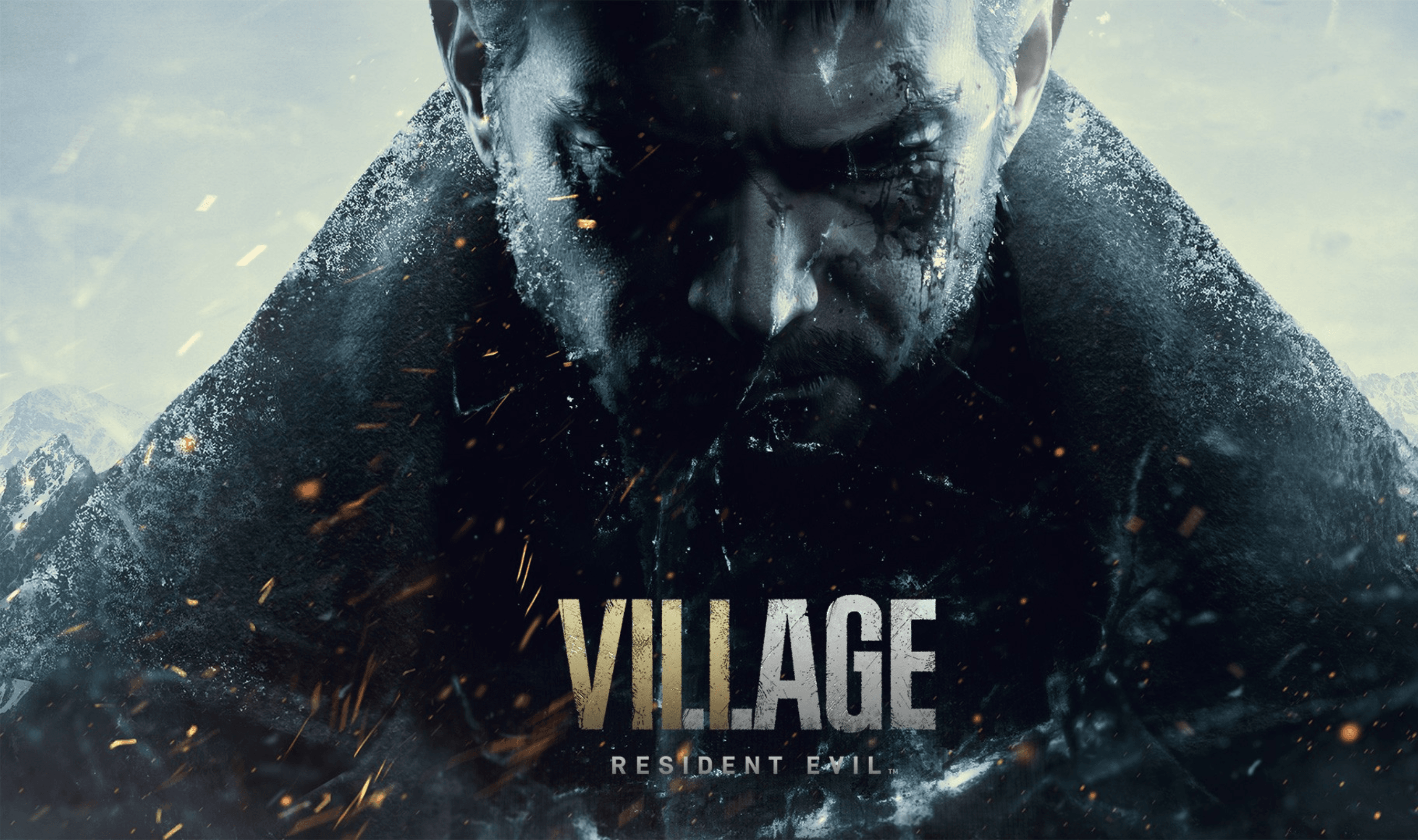Look, we've all been wondering when someone would finally say it out loud. Well, OpenAI CEO Sam Altman just did exactly that during a dinner with reporters in San Francisco last week: yes, we're in an AI bubble.
"Are we in a phase where investors as a whole are overexcited about AI?" Altman asked during the lengthy interview with The Verge and other reporters. "My opinion is yes."
The thing is, this isn't some outside critic throwing stones at Silicon Valley's latest obsession. This is coming from the guy who literally kicked off the whole generative AI frenzy with ChatGPT. When Sam Altman says we're in a bubble, that's like Zuckerberg admitting social media might be getting a bit out of hand.
Altman drew parallels between today's AI market and the infamous dot-com bubble of the late '90s, when internet startups soared to astronomical valuations before everything came crashing down in 2000.
"When bubbles happen, smart people get overexcited about a kernel of truth," he explained. "If you look at most of the bubbles in history, like the tech bubble, there was a real thing. Tech was really important. The internet was a really big deal. People got overexcited."
Here's where it gets really interesting: Altman called out the current funding environment as borderline absurd. He thinks it's "insane" that some AI startups with just "three people and an idea" are pulling in massive funding rounds at sky-high valuations. "That's not rational behavior," he said bluntly. "Someone's gonna get burned there, I think."
The numbers have been staggering lately. Over the past year, AI startups have raised billions upon billions of dollars. Safe Superintelligence, led by former OpenAI co-founder Ilya Sutskever, and Thinking Machines, founded by ex-OpenAI CTO Mira Murati, are just two examples of companies that have secured enormous funding rounds based largely on their team's pedigree and ambitious promises.
But Altman isn't exactly backing away from the spending spree himself. Even while acknowledging the bubble, he dropped this bombshell:
"You should expect OpenAI to spend trillions of dollars on data center construction in the not very distant future." Trillions.
"Someone is going to lose a phenomenal amount of money. We don't know who, and a lot of people are going to make a phenomenal amount of money," Altman predicted. Despite the bubble warning, he remains optimistic about the long-term impact: "My personal belief, although I may turn out to be wrong, is that, on the whole, this would be a huge net win for the economy."
The dinner conversation came just days after OpenAI's somewhat rocky rollout of GPT-5, which faced criticism from users who found it less engaging than its predecessor. According to Gizmodo, Altman acknowledged the missteps but pointed to encouraging metrics: API traffic doubled in 48 hours, ChatGPT hit new user highs daily, and the company is literally running out of GPUs to meet demand.
It's a fascinating contradiction: the CEO of the company that sparked the AI gold rush is simultaneously warning that we're in a bubble while planning to spend unprecedented amounts of money to stay ahead of it. Altman seems to believe that even if the bubble bursts, and he clearly thinks it will, OpenAI will be among the survivors.
The admission comes as economists and analysts have been increasingly vocal about AI's bubble-like characteristics. Goldman Sachs recently published a report titled "Gen AI: Too Much Spend, Too Little Benefit?" while Sequoia Capital questioned AI's ROI potential in their analysis "AI's $600B Question."
The parallels to the dot-com era are hard to ignore. Back then, investors poured money into any company with a ".com" in its name, regardless of whether they had a sustainable business model. Today, slap "AI" on your startup and venture capitalists seem ready to write checks with remarkable enthusiasm.
But here's the key difference Altman is betting on: unlike many dot-com companies that were built on hype alone, he argues there's genuine transformational technology underneath the AI bubble. Whether that's enough to justify trillion-dollar data center investments remains to be seen.
In a detailed follow-up interview reported by The Verge's Command Line newsletter, the OpenAI CEO's candid assessment raises uncomfortable questions for the entire tech industry. If even the poster child of AI success thinks we're in a bubble, what does that mean for the hundreds of AI startups that have raised money at eye-watering valuations? What about the public companies that have seen their stock prices soar on AI promises?
Altman's message seems to be: yes, it's a bubble, but that doesn't mean the underlying technology isn't revolutionary. The internet bubble burst spectacularly in 2000, but it ultimately gave us Amazon, Google, and the digital economy we live in today. Whether AI follows a similar trajectory (massive crash followed by genuine transformation) is the trillion-dollar question that will define the next decade of tech.
For now, Altman appears confident that OpenAI will be among the companies left standing when the dust settles. Whether that confidence is justified, well, that's what makes bubbles so fascinating and so dangerous.















